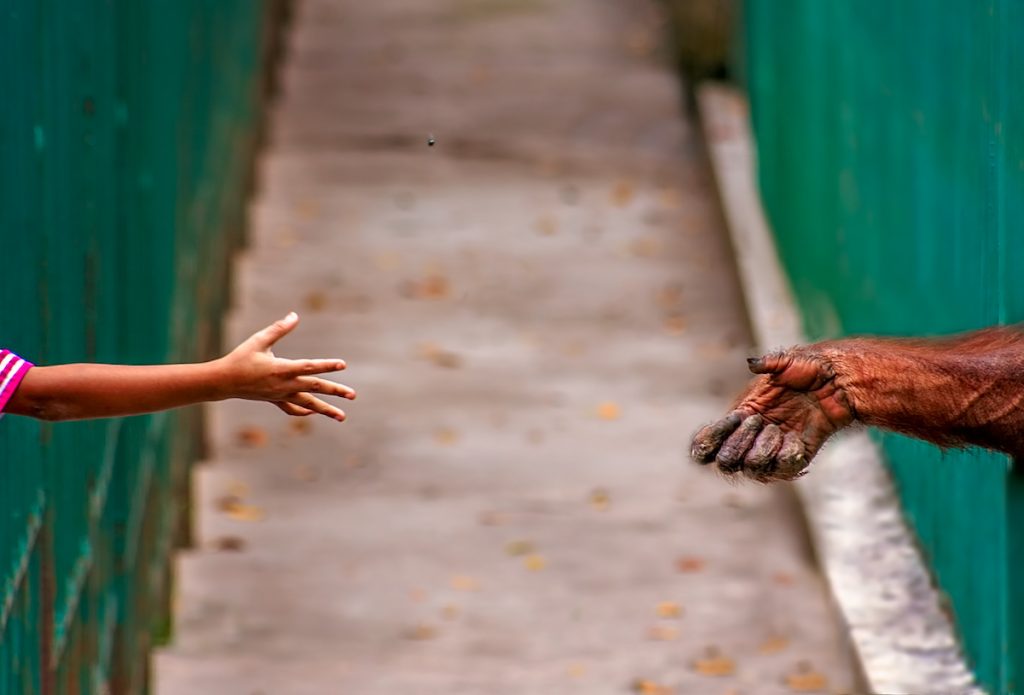Those wonderful aha-moments, when you suddenly understand something new. It is almost physical, hits your brain like an electric shock. All of a sudden you see the world with new eyes, take on contexts that were previously completely incomprehensible. It doesn’t have to be great insights, but those aha-moments are magic. Don’t you agree?
Unfortunately, it seems like those strong aha-moments almost always are followed by a strange memory loss. We tend to forget the time before the insight. Back then, when you still hadn’t realized the importance of platinum is for the manufacture of electrolyzers and fuel cells, or how many degrees of heat a bacteria can handle.
That’s what we want to talk about today. For the collective memory loss is a big problem, yes, perhaps the reason for the whole climate crisis. Because when we forget the time before our own insights, we assume that others also know what we know. And no one wants to feel stupid or ill-informed. Then, most stop listening instead, refrain from asking. And we all have those areas where we think that everyone is on the same page. I recently came face to face with a person who was absolutely certain that tribology was general education. Maybe it is? I know what it is now, but I remember the time before without any problems.
Contribute to more aha-moments
We are working intensively with several companies’ stakeholder dialogues right now. It’s that time of year; companies that talk to their stakeholders in a structured way and find out their expectations, plans and what trends they see. It’s truly exciting to be part of the dialogues, because of all the aha-moments. But we realize, time and time again, that we are also victims of that destructive memory loss. We have forgotten the time before our own aha-moments of carbon dioxide equivalents, scope 1 and 2, biodiversity index, carbon law and planetary boundaries. We constantly need to remind each other to take a step back and ensure that everyone is on the train. That’s the only way to move forward together. Remember: we all need to contribute to more aha-moments. You too. It might save the world.
We can reach the Paris Agreement with education
The other day, our friend Lisa Wärn at Svea Green Foundation (in Swedish) shared a debate article from Tankesmedjan Global Utmaning (in Swedish) that talks about this. If we are to cope with the climate crisis, people simply need to understand what is happening and understand what needs to be done. We simply need more strong aha-moments. “Invest one billion in public education so that Sweden can cope with climate change,” demands Tankesmedjan. It is even stated in the Paris Agreement that public awareness and access to information on climate change is a prerequisite for us to achieve the well below 2-degrees goal.
Svea Green Foundation is involved in financing the Climate Agenda for Sweden (in Swedish). They have just launched a report that shows how Sweden’s emissions can be reduced to net zero in 2045. The report will now become an education package for a wider public. What a fantastic idea! It would be almost criminal not to spread that education widely. Everyone should be able to take part of it and it should be translated to all countries’ challenges and solutions.
For it may be as the headline suggests – that what we do not suffer from things we know nothing about – but the world suffers. We are destroying our planet at rapid pace and soon, this destruction will be irreversible. It could be that we simply don’t know what we are doing. And thus do not suffer from it. At least not everyone, and not right now. But it’s time to change that.

